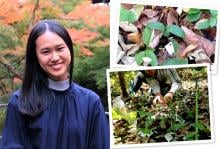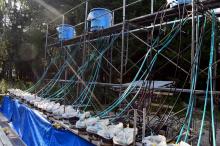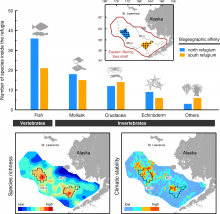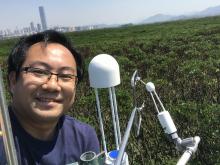Global Change Biology
News
28 Oct 2022
Osaka Metropolitan University scientists conducted a 7-year study on seedling recruitment and mortality in a national park in Chiang Mai, in northern Thailand. During the study period, an extremely strong El Niño event occurred, leading to a stronger and longer drought than normal. Seasonally dry tropical forests (SDTFs), which experience an annual dry season, are considered drought-tolerant. Nevertheless, the study found that seedling mortality increased in SDTFs when severe and prolonged drought occurred. The mortality rate was greater in evergreen forests at higher elevations that usually experience less severe drought than in deciduous forests at lower elevations where severe drought is more common. The study results advance the understanding of the effects of El Niño on seedling dynamics in SDTFs.
12 Jan 2022
Predator species may buffer the negative impacts of climate change by mitigating against the loss of biodiversity, according to new research led by scientists in Trinity College Dublin and joined by scientists at Hokkaido University
17 May 2021
Scientists from Hokkaido University have used species survey and climate data to identify two marine biodiversity refugia in the Eastern Bering Sea – regions where species richness, community stability and climate stability are high.
02 Jul 2020
An international collaborative study led by Professor Derrick Yuk Fo Lai at The Chinese University of Hong Kong (CUHK), joined by top-tier scientists from around the world, has discovered that sustained methane emissions from the subtropical estuarine mangroves can reduce its climatic cooling effects by over 50%, over a period of 20 years. The team produced the world’s first-ever multi-year dataset of ecosystem-scale methane emissions from a subtropical estuarine mangrove based on the data collected at Mai Po Nature Reserve in Hong Kong, which points out that global warming and greater river runoff may lead to increasing methane emissions. The findings have recently been published in Global Change Biology, a top-tier journal in the field of biodiversity conservation and environmental science.
Events
Sorry, no events coming up for this topic.
Researchers
Sorry, no researchers coming up for this topic.
Giants in history
Sorry, no researchers coming up for this topic.





